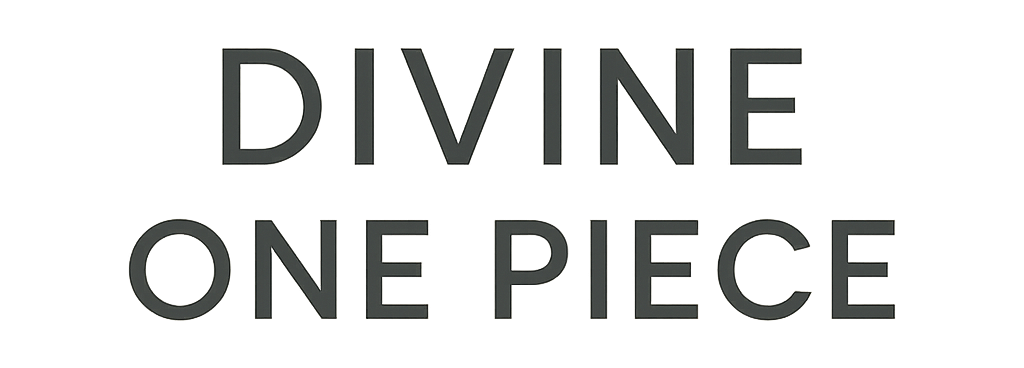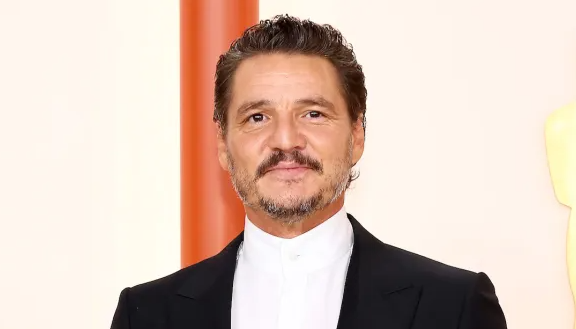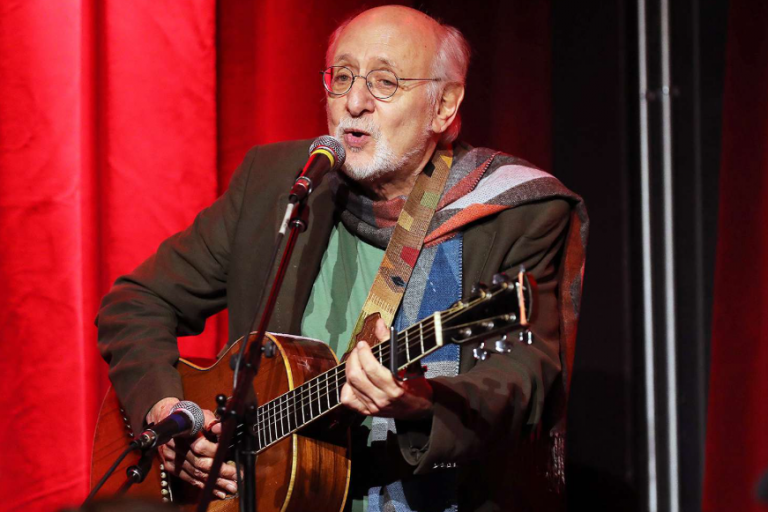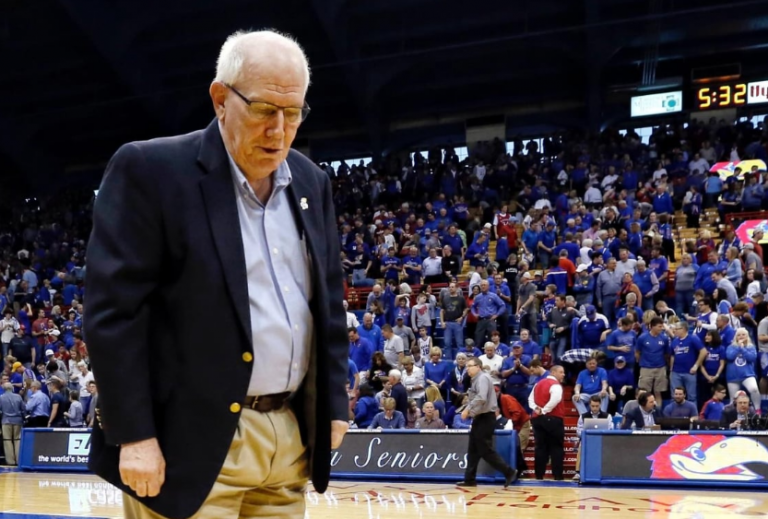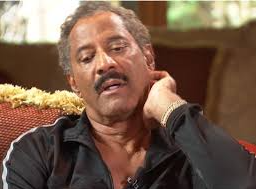Pedro Pascal Faces Backlash After Sharing Mental Health Routine
In March 2025, actor Pedro Pascal faced unexpected criticism after discussing his approach to mental health during a public interview. Pascal shared that he copes with emotional stress by reaching out to friends and family, emphasizing the importance of connection, honesty, and support. His comments, intended to promote mental health awareness, were quickly distorted online, leading to backlash and sparking a wider conversation about the risks of speaking openly on personal struggles.
Pascal, known for major roles in The Mandalorian, The Last of Us, and Game of Thrones, said in the original interview, “When I feel overwhelmed, I call the people I trust. Just talking to someone helps me reset and breathe.” He encouraged others to do the same, describing it as a form of self-care that works for him.
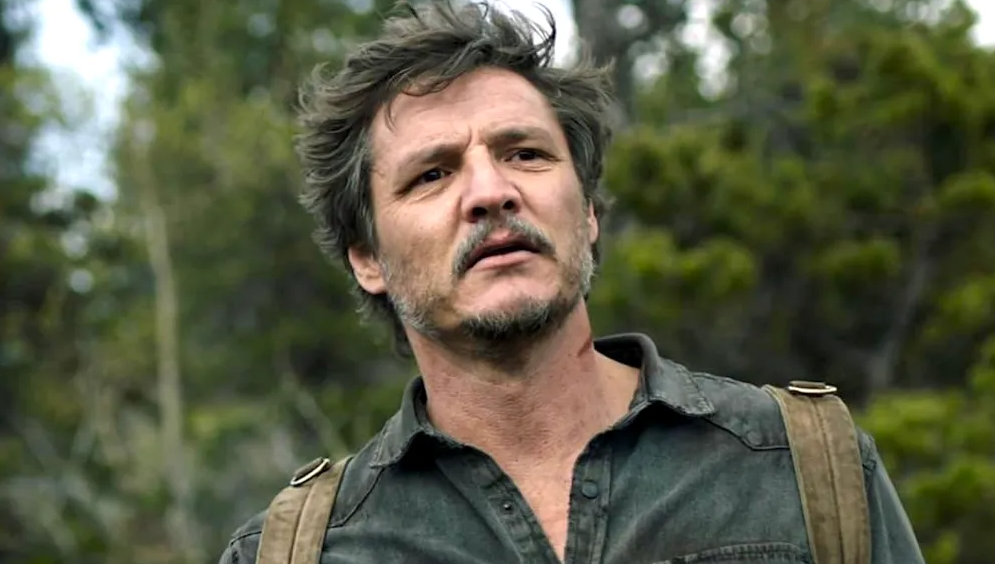
However, soon after the interview aired, excerpts of his comments were shared without context on social media. Some critics mocked his approach, labeling it as weak or overly emotional. Others misrepresented his words, claiming he promoted dependency or dramatized normal stress.
The response led to a wave of online debate. Supporters of Pascal defended his openness, saying his message was simple and important: people should feel safe turning to others during hard times. Mental health advocates warned that the backlash revealed a deeper issue—how quickly vulnerability can be used against public figures, especially men, who speak about emotional well-being.
“Pedro didn’t say anything radical,” one therapist noted in a widely shared post. “He shared something healthy and human. The fact that it was twisted shows how far we still have to go in reducing mental health stigma.”
Pascal did not respond directly to the backlash. However, people close to him said he remains committed to speaking honestly about wellness, especially in high-pressure industries like film and television. He continues to support mental health programs, often through quiet donations and behind-the-scenes advocacy.
The incident has sparked wider discussions across entertainment and public health spaces. Experts say that many people still feel unsafe discussing mental health due to fears of judgment or misrepresentation. The backlash Pascal faced is an example of how quickly well-meaning messages can be taken out of context.
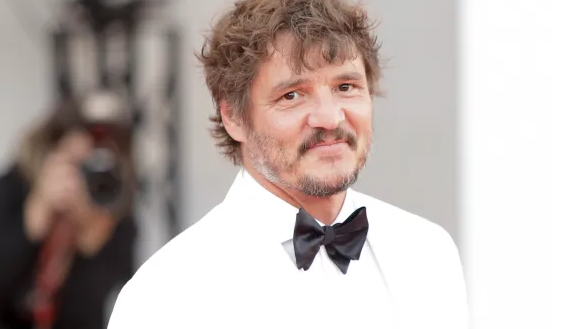
In response to the situation, several fellow actors, including Oscar Isaac and Sarah Paulson, voiced support for Pascal. They emphasized that building emotional resilience often involves asking for help and leaning on support systems—a message they say should be normalized, not criticized.
Pascal, 50, has a reputation for humility and emotional depth. Over the years, he has quietly supported causes related to trauma, grief, and mental health. Though shaken by the reaction to his March 2025 interview, those around him say he remains focused on creating safe spaces, both on and off screen.
The story of Pedro Pascal’s experience serves as a reminder: talking about mental health should be met with empathy, not ridicule. Honest conversations save lives—and public figures who lead by example deserve support, not shame.
